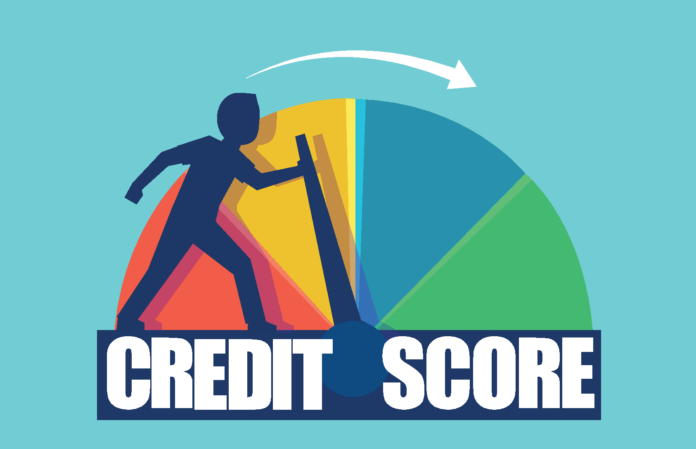No matter where you are in your personal financial journey, there is no doubt that you have learned the crucial importance of earning and maintaining a strong credit score. Whether you are trying to take out a credit card, want to rent an apartment, purchase or lease a car, buy a home, start a business, or basically anything else that requires borrowing money, a strong credit score is not only helpful but downright necessary.
For that reason, if you are still building credit, or are trying to improve and revitalize your current credit score, there are some fantastic ways of improving your current situation.
Let’s go over the top 6 ways to manage your credit score so that you can have the financial freedom you want and deserve. Click here and let’s get started!
1. Treat all your debts equally when it’s time to pay
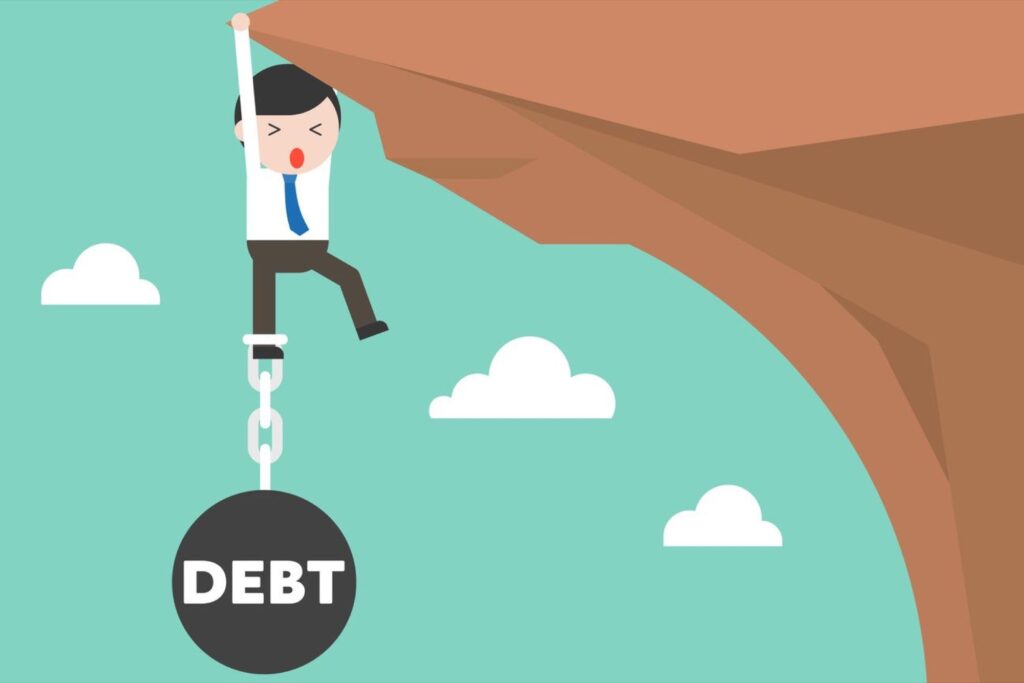
One of the biggest mistakes people make is that they think some debts or lines of credit matter more than others when it comes to credit score. You can’t exclusively focus on one line of credit or debit and completely ignore the rest if maintaining a strong credit score is your purpose.
If you want a high score, you will have to at least be paying the minimum of all of your debts and ideally always work to keep your debt-to-income ratio below 30 percent across the board. This will prove to lenders that you are a good bet when it comes to borrowing money. It will also help improve your score or keep your already high score up there.
2. Take a credit education course

No matter how old you are, there is always more that you could afford to learn about credit score and how it can either work for or against you. One of the best ways of learning the things that you do not know is taking advantage of one of the many wonderful Financial Education Services that is out there on the web.
By going through a personal finances course, you will learn everything needed to know about building great credit, maintaining a great score, and making the most out of that great credit score once you have earned it.
3. Don’t close old credit cards
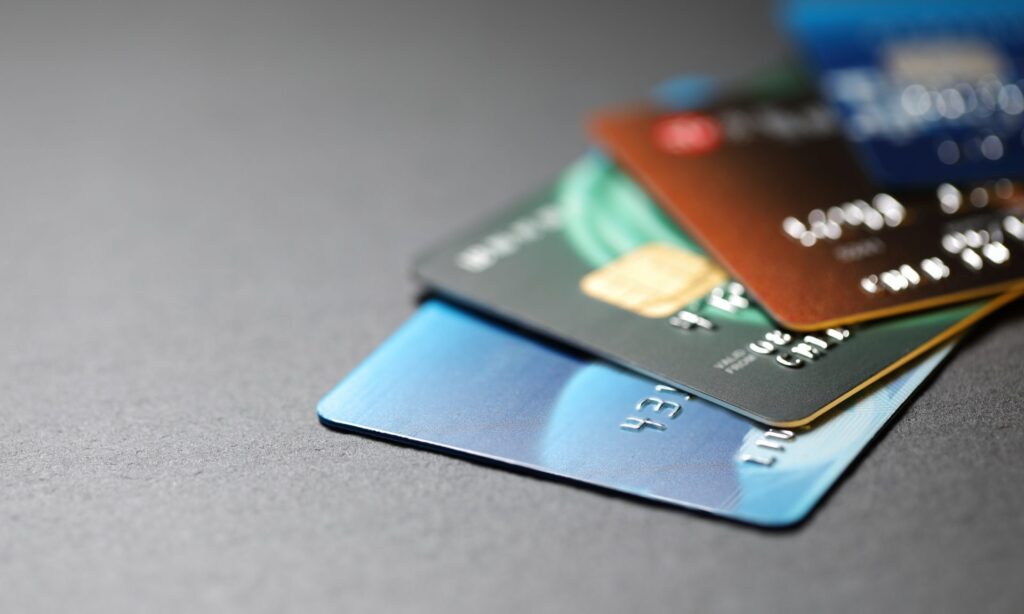
Some people may feel inclined to close their credit card accounts once they have paid off all of their debts. After all, keeping those cards and accounts open seems like a great way for risk falling right back into credit card debt after clawing yourself out of it.
That would be one of the worst things that you can do when it comes to building and maintaining strong credit. What you want to do is keep old credit card accounts open for as long as possible. That is true even if you have decided to put your credit card in a block of ice and throw it in the deep freezer to make sure you never use it!
The reason why is because one of the prime factors that goes into deciding what your credit score is is your history of borrowing money and paying it back. Credit cards are a prime example of this and if you have fallen into debt and gotten your way out of it, this will actually serve to help lenders feel better about your financial viability rather than having no history whatsoever.
4. Consolidate your debt
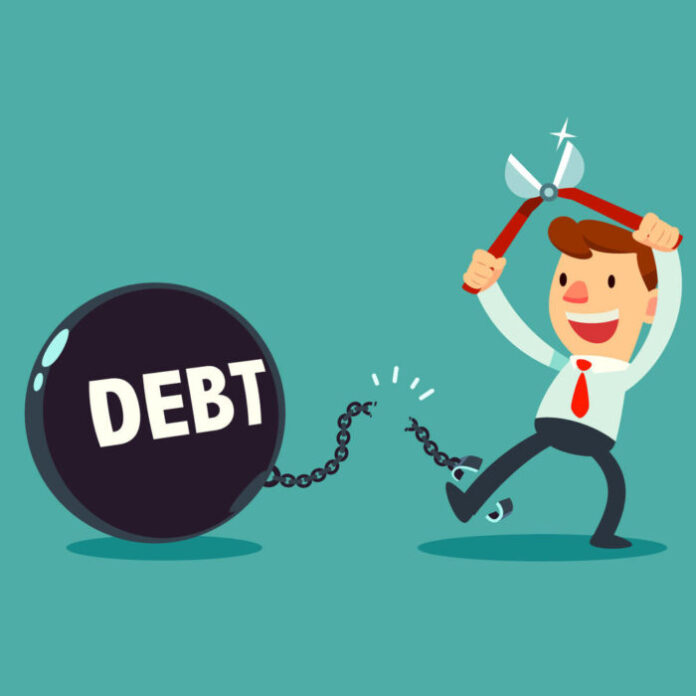
Another great strategy to improve your credit score is consolidating your debt by taking off a personal loan. The reason why this is helpful is that you will be able to keep track of your debt much better and you may even be able to get a lower interest rate, making your monthly payments lower than they would otherwise be.
Taking out a personal loan and paying off your various debts with them is one way of doing it. Another way is getting a balance transfer credit card, which allows you to move your other credit card debts to one card that often comes with anywhere between a 12 and 18 month 0 percent APR promotional period, meaning that you will not be paying interest on that loan for a year or more!
5. Pay your bills on time
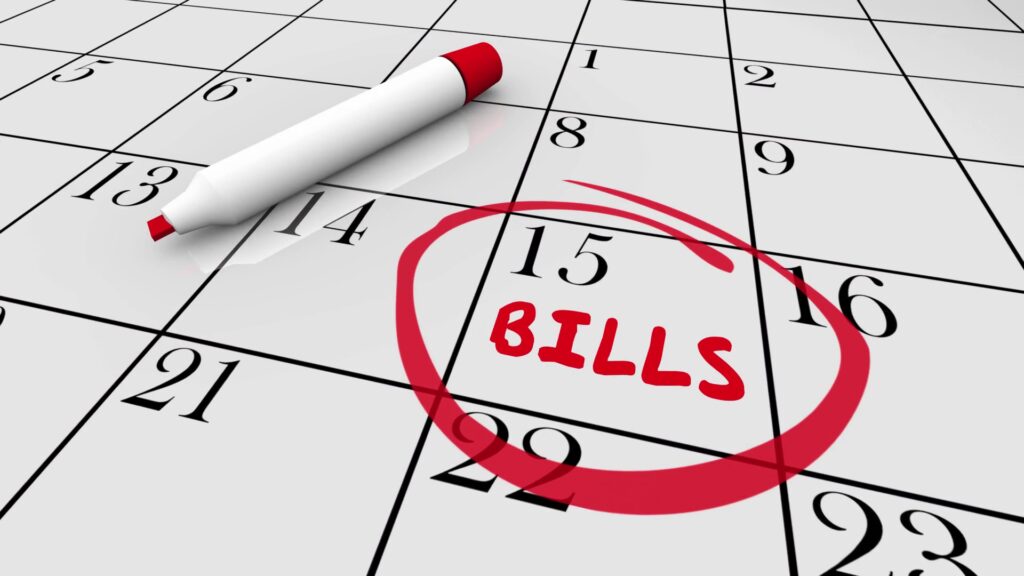
Paying your bills on time is a really great way to make sure that you are managing your debts and your credit score in a reputable manner. If you find yourself regularly putting off paying your debts late, or not paying them at all, you have to sit yourself down and figure out what you can do to improve your financial standing. Not paying debts, or paying debts only partially, is not only going to really hurt your credit score now and in the future, but it can also lead to a ballooning of your debt which can become nearly impossible to pay off.
6. Be proactive about errors
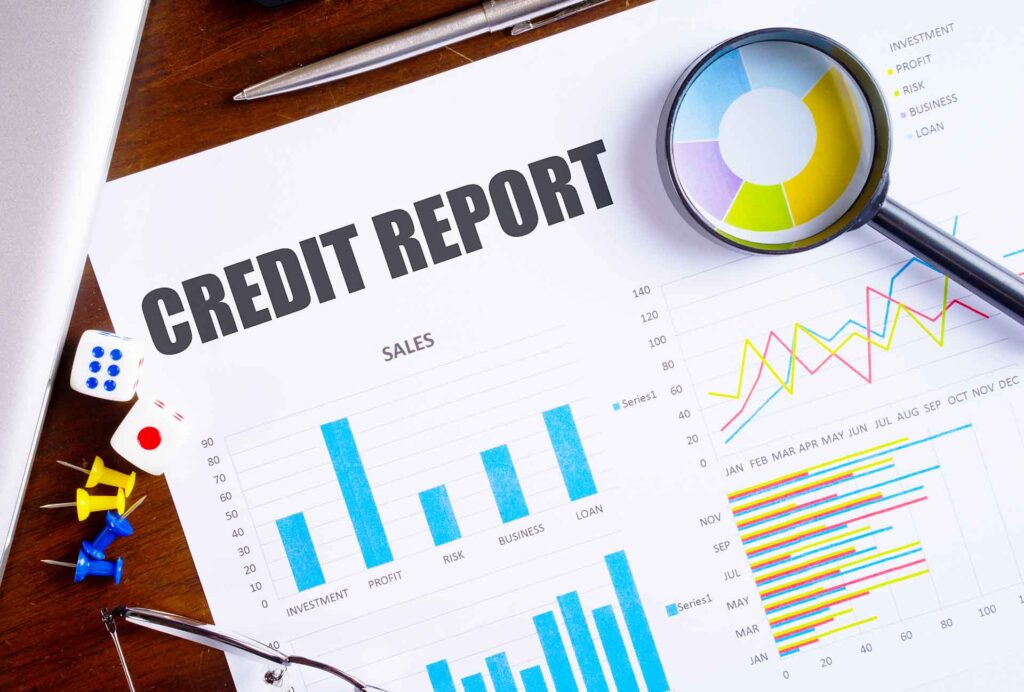
One great way of keeping track of your credit score is making sure that you are actually keeping track of it. Don’t be afraid of personal finances. If you want to improve your financial standing and your credit score you are going to have to take the bull by the horns and take charge.
One of the very best ways that you can take charge is looking through your credit report and finding any discrepancies or errors that could be bringing your score down. You can’t be nice or patient about it, either. If you find any errors on your credit score, you are going to be willing to make a major stink about it with the creditor or lender that has made the error. Here’s some of the new options for credit card affiliate programs you can check.
This is one thing that anyone looking to make a major purchase with the help of a loan is advised to do, even if they have great scores. If your score could use a little boost (or a big boost), you will definitely want to find and fix any errors.

